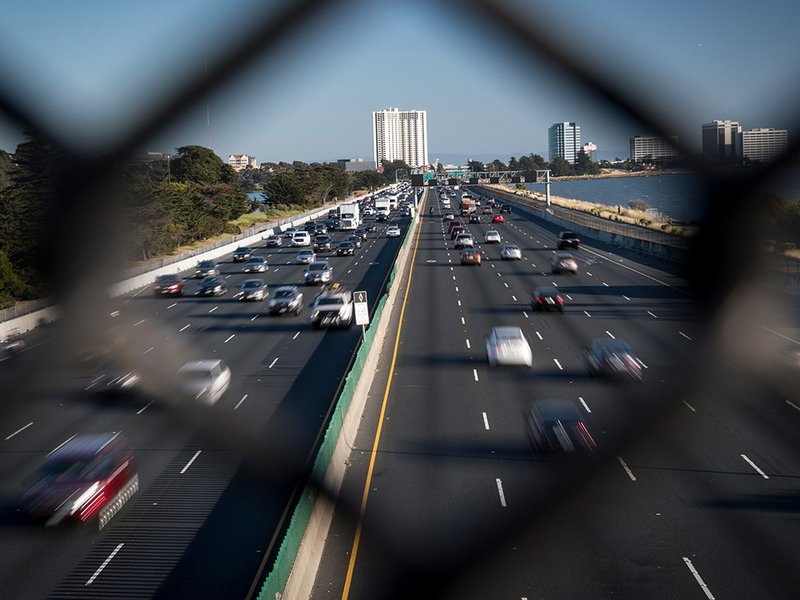
People prefer personal transportation.
From bicycles to cars, transportation options that provide seclusion are the choice for consumers across the globe, who express reluctance to use public transportation and air travel.
Those are among the findings in the ninth annual “Further With Ford” trends report, issued Monday by Ford Motor Co. and compiled by Sheryl Connelly, the company’s chief futurist.
The report underscores major developments across the transportation industry during the coronavirus pandemic. More than three-quarters of respondents agree with the statement they “can’t imagine a life without having my own automobile,” and 40 percent say their household needs more vehicles.
Because of the pandemic, 58 percent say they are less likely to travel by airplane; 52 percent are eschewing subways and buses; and 47 percent say they’re less likely to use ride-hailing services and taxis.
Shifts in transportation preferences are only one aspect of the report, which offers a sweeping snapshot of consumer sentiment in 14 countries at a time when the pandemic has upended every aspect of life. The report distills insights across gender and generational lines and helps companies better understand where consumers stand at a precarious time.
In some respect, the report affirms what many feel.
“People are feeling overwhelmed by the changes taking place in the world, and for good reason,” Connelly told Automotive News. “But it’s not only the pandemic. There were wildfires across the world, great political tension. We have a social justice movement. Economic volatility.”
Sixty-nine percent of respondents report feeling overwhelmed, according to the survey. But people have also been adaptive and resilient, Connelly says. Forty-seven percent report it has been “easier” to adapt to pandemic-related changes than they initially imagined, including 63 percent of baby boomers.
For younger generations, the pandemic has been more difficult to weather. Seventy-one percent of millennials in the U.S. — the highest of any generation — report they feel more stressed out than a year ago. Even as people seek solitude in transportation, there are widespread feelings of loneliness, which had already been growing pre-pandemic, especially among younger generations.
No surprise then, Connelly says, that accelerating trends include growing awareness of mental health needs during the pandemic and cravings for escape at a time when days can feel like a monotonous blur from one to the next.
“There’s been a rapid rise of mindfulness and meditation,” Connelly said. “Those things have been around for a thousand years, but now they’re very mainstream. People are exploring the benefits. In this moment of uncertainty, it’s become so much more important.”
PODCAST: Ford’s chief futurist on consumer behavior in a post-pandemic world (From 5/4/20)
As people seek escape or refuge, they’re turning to their vehicles — but not for transportation. More than 1 in 4 car owners say they’re using their vehicles to relax. One in 5 are using them for privacy.
And forget the idea of waiting for self-driving technology to morph cars into future mobile offices; it’s happening now. Seventeen percent of car owners say they’re using their cars as places to work. But despite the work focus, people are still using their vehicles for fun.
“You see RV sales going through the roof, and we see a rise in camping and glamping, and I think the outdoors, that actually ties in with mental health,” Connelly said. “Spending time in nature can help improve one’s mood and disposition, and let them feel less anxious.”
About that autonomous future? Consumers are more enthusiastic than they’ve been in other surveys, such as one from AAA in March, which found just 12 percent of American drivers would feel safe in a self-driving vehicle. In Ford’s survey, conducted in September, October and November, two-thirds of adults say they are “hopeful about the future of autonomous vehicles.”
Sixty-eight percent say they’d rather see their children ride in a self-driving vehicle than with a stranger, according to the survey.